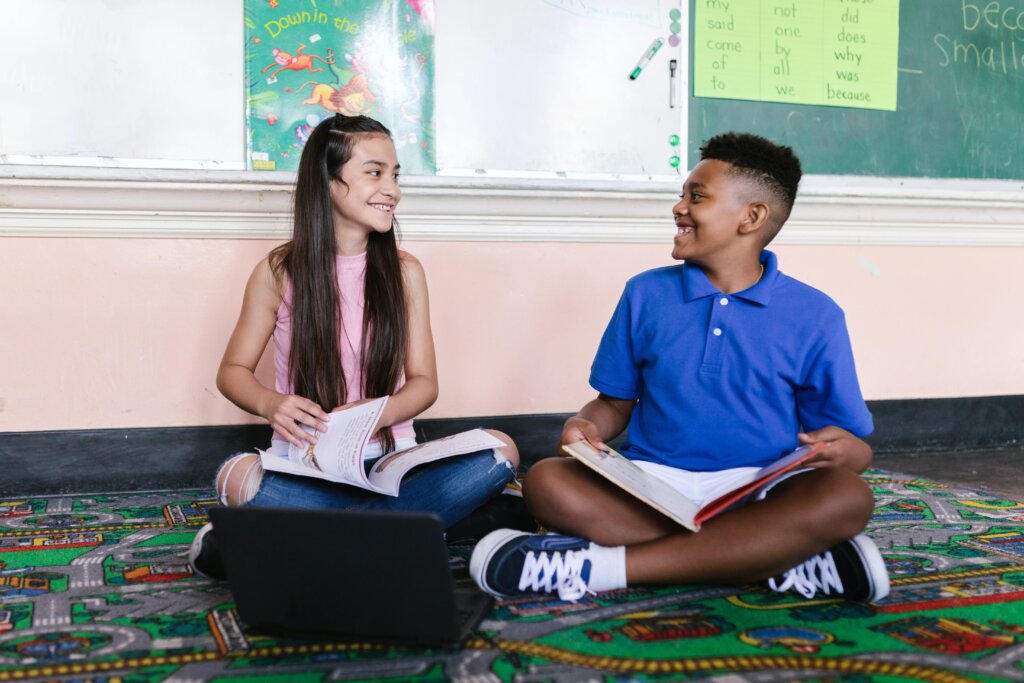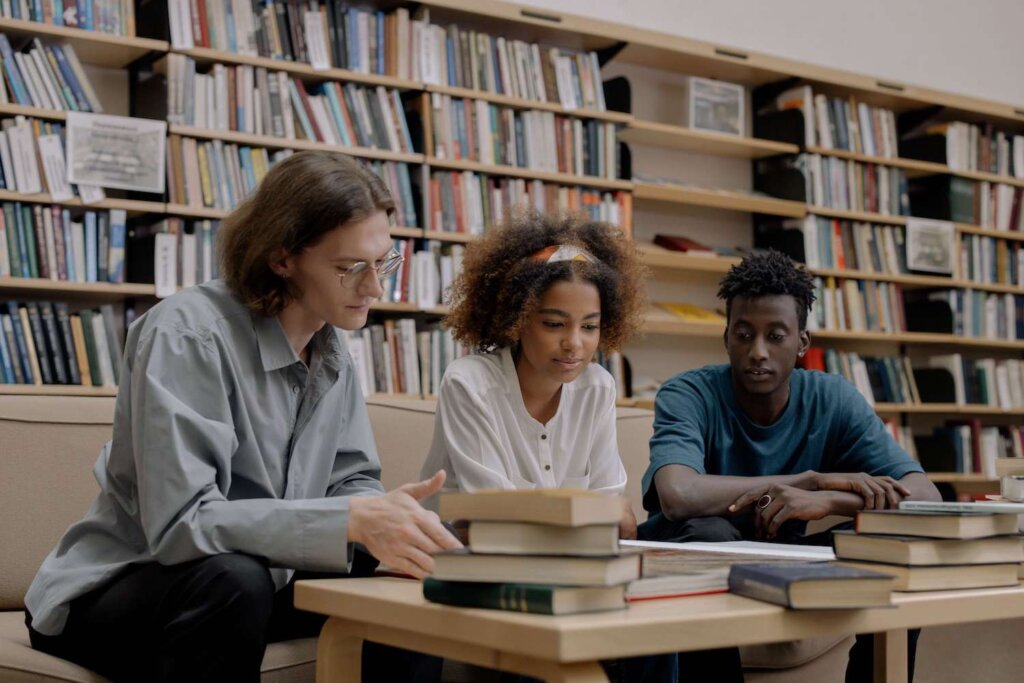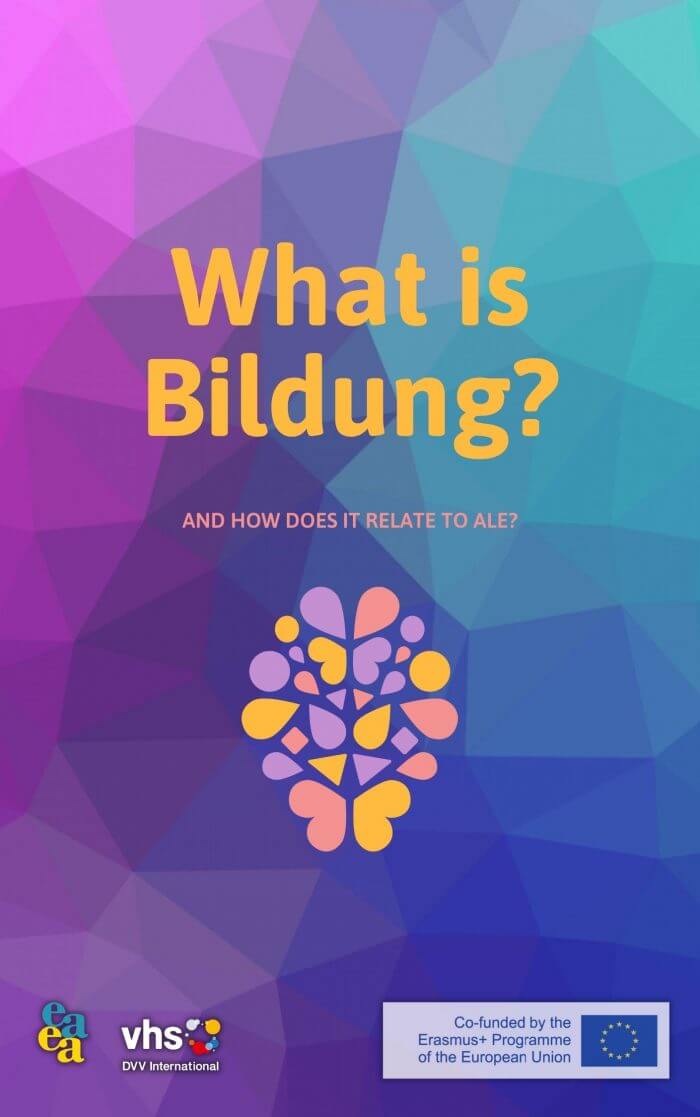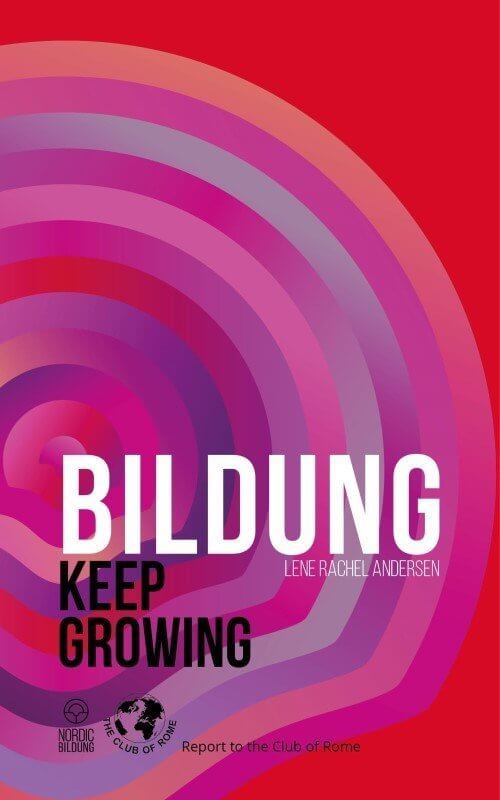Compassion coaching
The most direct intervention that can be made is to introduce a program of compassion coaching for both teachers and pupils. Results from interventions such as this have proved transformational. School teachers who receive an 8-week compassion training course demonstrate an increase in motivation, action for others, life satisfaction, and ability to handle stress, and decreased symptoms of depression, anxiety, burnout and self-criticism. Meanwhile a 5-week course in compassion for pupils was shown to reduce anxiety, negative self-talk, and to increase feelings of compassion.

Role modelling
Providing teachers with the skills they need to role-model compassion and inclusivity is crucial to creating a culture of care and belonging. As the clinical psychologist Dr Ellen Butler explains, this means getting right back to the core of who we are – understanding that we all have tricky brains which we didn’t choose. This influences the way children behave in classroom settings and it is only when we understand that that we can properly attend to their needs.

Outdoor play
Encouraging outdoor play is critical in helping children to grow and develop. Not only does it improve their physical fitness, it also helps them to interact with nature, take a break from classroom activities, and explore skills like teamwork. Having fun is also an important experimental way to challenge boundaries and learn about other people. Unfortunately an emphasis on exams has often means schools have reduced the opportunities for outdoor play and exploration – in the year 2010 to 2019 in the UK, for example, more than 200 school playing fields were sold off.

Policies
A compassionate educational setting is one which proudly and clearly states its policies on issues like bullying, discrimination, and inclusivity. Such policies also need to be actioned: for example, by ensuring that investment is made in the provision of resources to help support children with disabilities.

Peer support
By coaching pupils and teachers to be allies to one another, a society of mutual support can develop within schools. This can be used to address a number of issues from mental health to bullying – evidence shows, for example, that peer support schemes can be influential in helping reduce the rates of pupil-on-pupil bullying in schools.

Holistic education
Alongside coaching in compassion, it is essential that children are given the chance to learn about their brains, emotions, thoughts, feelings, and how they might change and develop with time and as they interact with others. Learning to use your brain is at least as important as learning to fill your brain with knowledge and information. It is this which can set a child up for a more emotionally secure future.



